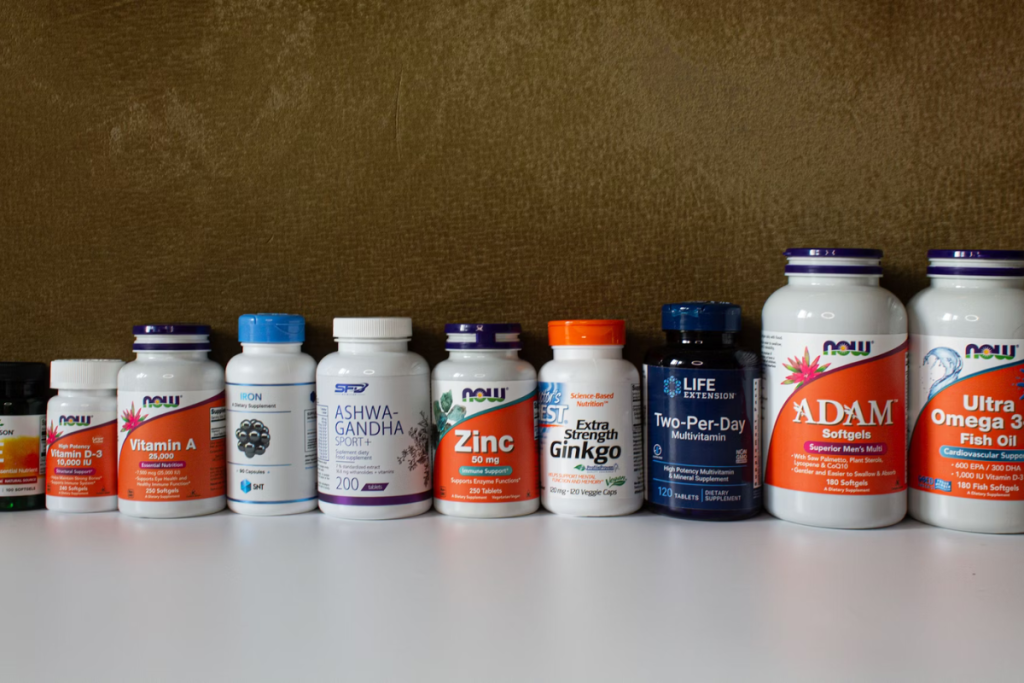Why the Hormonal Health Conversation Matters in 2025
In 2025, more women in the USA, UK, and Canada are seeking safer, more effective solutions to manage menopause symptoms. With millions exploring hormone therapy, the question arises: Are bioidentical hormones safer than traditional hormone replacement therapy (HRT)? This blog dives deep into the current science, treatment advancements, and expert perspectives to help you make an informed decision.

What Is Conventional Hormone Therapy?
Hormone Replacement Therapy (HRT) has long been a go-to treatment, primarily involving synthetic hormones such as estrogen and progestin. These are commonly used to alleviate symptoms like hot flashes, vaginal dryness, and mood swings. In recent years, treatment options have become more diverse. As of 2025, traditional HRT is now available in various forms including pills, patches, gels, and even injections making it easier for women to choose a method that suits their lifestyle and comfort.s.
Benefits of Traditional HRT:
- Reduces severity of menopause symptoms
- Supports bone health
- Available via NHS (UK) and FDA-approved (USA)
Risks:
- Blood clots
- Stroke
- Breast cancer (with long-term use)
What Are Bioidentical Hormones?
Bioidentical Hormone Therapy (BHT) uses plant-derived hormones that are chemically identical to those produced by the human body. These are often compounded to match an individual’s hormone levels and are growing in popularity due to their “natural” appeal.
Popular Forms:
- Creams and gels
- Pellets
- Lozenges or troches
Some bioidentical hormones are FDA-approved (like estradiol), while others are custom-compounded by pharmacies, often without strict regulation.
Key Differences between Bio identical Hormones and HRT
| Feature | Bio identical Hormones | Traditional HRT |
| Source | Plant-based (soy, yam) | Synthetic or animal-derived |
| Personalization | Often custom-compounded | Standardized dosing |
| Regulation | Some FDA/NHS-approved, others not | Strictly regulated |
| Side Effects | May be fewer (unproven claims) | Documented risks in long-term use |
What Does the Science Say in 2025?
The latest studies in 2025 from the Mayo Clinic and NICE (UK) reveal that bioidentical hormones can be just as effective as traditional HRT when properly prescribed and monitored. However, risks arise when women self-medicate or use unregulated compounded formulas.
Research Highlights:
- FDA-approved bioidenticals show fewer side effects
- Personalized dosing = better symptom control
- More women prefer monitored therapy over generic HRT
Pros and Cons: Which One Is Safer?
Bioidentical Hormones Pros:
- Mimic natural hormones
- Often personalized for symptom relief
- May cause fewer side effects in some users
Bioidentical Hormones Cons:
- Not all are FDA-approved
- Risky if unregulated
- Lack of long-term research in some cases
HRT Pros:
- Backed by decades of research
- Widely available on NHS and private clinics
- Strict safety regulations
HRT Cons:
- Synthetic compounds can cause adverse effects
- One-size-fits-all dosing may not suit everyone
Expert and Patient Perspectives
Dr. Helen Morris, a menopause specialist in London, says: “In 2025, we see the best outcomes when bioidenticals are used under medical supervision. Unregulated use is the real danger, not the therapy itself.”
Patient Voice: Susan, 52, from Toronto, switched to bioidenticals after side effects from HRT. She now works with an online hormone coach to track her progress.

Choosing the Right Option in 2025 | Step-by-Step Guide
- Get hormone testing through saliva, blood, or urine
- Consult a menopause specialist (online or in person)
- Discuss your personal goals: symptom relief, bone health, mood stability
- Review safety profile of both HRT and bioidenticals
- Monitor and adjust every 3–6 months with your provider
Final Verdict: Bioidentical or HRT?
Both bioidentical hormones and traditional HRT can be safe menopause treatments when supervised by qualified healthcare professionals. Bioidentical hormone therapy offers a more personalized menopause solution, especially for women who haven’t responded well to standard HRT options. On the other hand, conventional hormone replacement therapy remains the gold standard with consistent results, particularly for those approved under NHS or FDA hormone therapy guidelines.
No matter which menopause relief treatment you choose, the biggest risk is self-diagnosing hormone imbalance or avoiding expert guidance. Always consult a licensed provider to ensure safety and effectiveness.
FAQs
Are bioidentical hormones safer than HRT in 2025?
When medically supervised, both options can be safe. Personalized plans matter more than the label.
Are bioidentical hormones FDA-approved?
Some are; others are custom-compounded and unregulated.
What are the side effects of traditional HRT?
Common risks include blood clots, stroke, and breast cancer (with long-term use).
Can I switch from HRT to bioidenticals?
Yes, many women do under medical supervision.
Which therapy is best for perimenopause in 2025?
Depends on symptoms, history, and hormone levels. Both can work with proper care.
Final Call to Action
Looking for a safer, personalized way to handle menopause symptoms in 2025? Whether you’re in the UK, USA, or Canada, work with a licensed provider and explore all your options. Your hormones deserve expert care.




